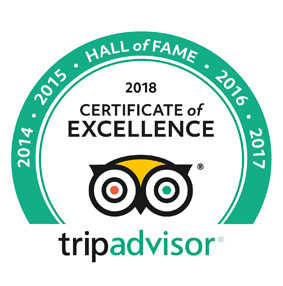The Everest Base Camp (EBC) Trek is one of the most challenging yet one of the most rewarding Treks for hikers from all over the globe. Beyond the stunning and breathtaking views the thrill and adrenaline rush you get from climbing the highest peak of the world, successfully trekking the hinges, all the landscape all the hours of careful planning and preparations.
Among the crucial elements, staying hydrated is a must. Proper hydration not only fuels your body for an arduous journey but also plays a huge and vital role in acclimatization and preventing altitude sickness.
This comprehensive guide helps you with everything you need to know whether a veteran trekker or a beginner trekker is not a problem this comprehensive guide is for everyone to use to ensure you stay healthy and hydrated through the entirety of your incredible journey.
Why Hydration is Crucial on the EBC Trek:
The challenging yet rewarding trek to Everest Base Camp presents unique challenges that amplify the importance of water in hydration. Here’s why:
- High altitude: The thin air at high altitudes leads to increased respiration and fluid loss in the body. Your body dealing with the fluid loss works harder to function, requiring more water to compensate for the fluid loss.
- Physical Exertion: Trekking for several hours a day uphill demands significant physical effort. This activity leads to rapid sweating and even faster dehydration if fluids are not replenished quickly
- Cold and Dry climate: Trekking for several hours a day in the cold air of the Himalayan region can quickly lead to dehydration without you even realizing it. You may not feel as thirsty as you would feel in a warmer climate, but the fluid loss in the body is still substantial.
- Acclimatization: Proper hydration is essential for acclimatization, the process by which your body adjusts to a higher altitude, reduced oxygen levels, and colder
climates. Dehydration can worsen altitude sickness symptoms.
How much water should you drink while on the EBC Trek?
There is not a constant number that fits all people but the general recommended amount is 3-4 liters. This can vary on a number of factors such as:
-
-
- Body weight: People with more body weight generally require more water than people with more body weight.
- Level of excretion: More strenuous days mostly will necessitate more water than less strenuous days.
- Weather condition: The days that are hotter lead to sweating requiring more water than other days
- Individual metabolism: Some people will sweat more than other people leading to requiring more water
-
Sources of drinking water during the EBC Trek:
-
-
-
- Tea house: The Teahouse along the Trek sells bottled water and offers boiled water for a fee. While boiled water is readily available, it contributes to population and plastic waste. Opting for boiled water is the more environmentally friendly choice.
- Natural springs and streams: While it may be tempting to drink water straight from the source springs and streams are strongly discouraged. The water may be contaminated with bacteria, micro-organisms, or parasites posing a serious health risk.
- Water purification Tablets/Drops: These are a reliable way to purify water from any source without worrying about bacteria, microorganisms, or parasites. Follow the instructions carefully and allow sufficient time for the purification process.
- Water filter/Purifier bottles: These bottles contain built-in filters that allow to removal of bacteria, micro-organisms, and parasites making them safe to drink from any source. They are convenient and Eco-friendly methods for purification.
- Boiled Water: Boiled water effectively kills all the bacteria, micro-organisms, and parasites present in the water allowing us to drink straight from the sources. This is a readily available and safe option.
-
-
Tips for staying hydrated during the EBC Trek:
-
-
-
- Staying hydrated before even starting the trek: Begin hydrating well before you even reach Kathmandu. This will ensure your body will adapt to drinking large sums of water for the trip
- Carry a reusable water bottle: Carrying a reusable bottle will alow you to will allow you to easily carry and refill your water throughout the day, reducing your reliance on single-use plastic bottles.
- Drinking water regularly: Drinking water before you feel thirsty. Continuously sipping water will allow you to be hydrated and ready for the Trek throughout the entire Trek.
- Add Electrolytes: Adding electrolyte tablets or powders will allow you to help replenish the minerals you might lose during the Trek, especially on strenuous days.
- Avoiding sugary drinks: Many people think sugary drinks are a good way to get energy in the body but this is not the case sugary drinks can dehydrate you so sugary drinks are not a good choice for the Trek.
- Monitor Your Urine: The color of your urine is a good indicator of your hydration status. Clear or pale yellow urine indicates good hydration, while dark yellow urine suggests dehydration.
- Eat Hydrating Foods: Foods like watermelon, spinach, and cucumbers have high water content in them and can contribute to your hydration.
- Stay Warm: Staying warm helps reduce the amount of fluid your body loses through sweating. Dress in layers and wear appropriate clothing for the cold climate.
-
-
Choosing the best Hydration Method for you:
There is no best hydration method for everyone what might for one person may not work the best for someone else. The best hydration method for you depends on your personal preferences and budget. A combination of methods may be the most effective approach for you.
Environmental considerations:
Be mindful of the hydration choices that you may use might have a harmful impact on the environment. Avoid buying bottled water whenever possible and opt for the sustainable yet method that works for you.
Conclusion:
Staying hydrated on the Everest Base camp trek is not just about quenching your thirst; it’s a critical component of the hike and your overall health and safety. By understanding the importance of hydration, knowing where to get safe and healthy water yet the method not harming the environment following the outlined tips in this guide you can ensure a healthy and enjoyable Trekking experience. Remember to listen to your body, and enjoy the hike to the top of Mount Everest
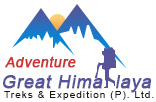
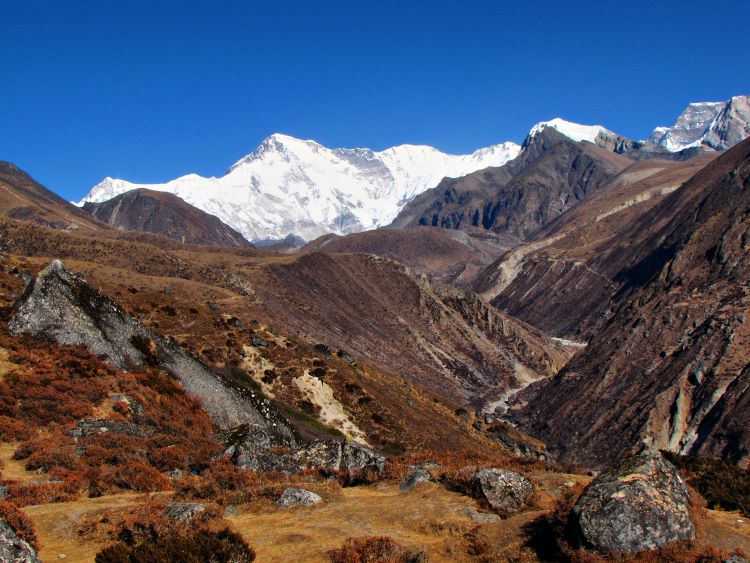
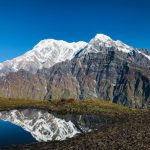 Saturday, August 30th, 2025
Saturday, August 30th, 2025
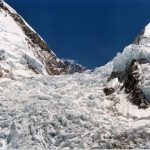 Wednesday, August 27th, 2025
Wednesday, August 27th, 2025
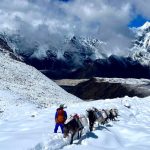 Wednesday, August 20th, 2025
Wednesday, August 20th, 2025
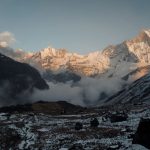 Wednesday, August 20th, 2025
Wednesday, August 20th, 2025
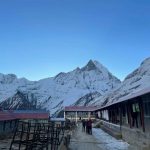 Wednesday, August 13th, 2025
Wednesday, August 13th, 2025
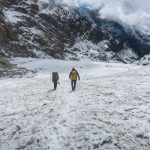 Wednesday, August 6th, 2025
Wednesday, August 6th, 2025
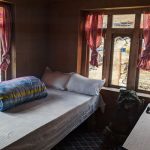 Monday, July 7th, 2025
Monday, July 7th, 2025
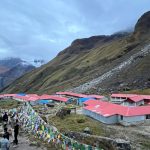 Thursday, July 17th, 2025
Thursday, July 17th, 2025
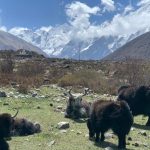 Monday, July 7th, 2025
Monday, July 7th, 2025
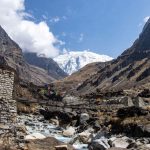 Friday, May 9th, 2025
Friday, May 9th, 2025
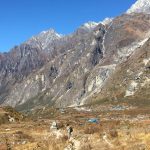 Saturday, June 14th, 2025
Saturday, June 14th, 2025
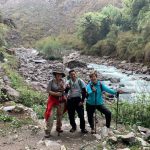 Wednesday, June 25th, 2025
Wednesday, June 25th, 2025
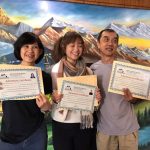 Tuesday, August 5th, 2025
Tuesday, August 5th, 2025
